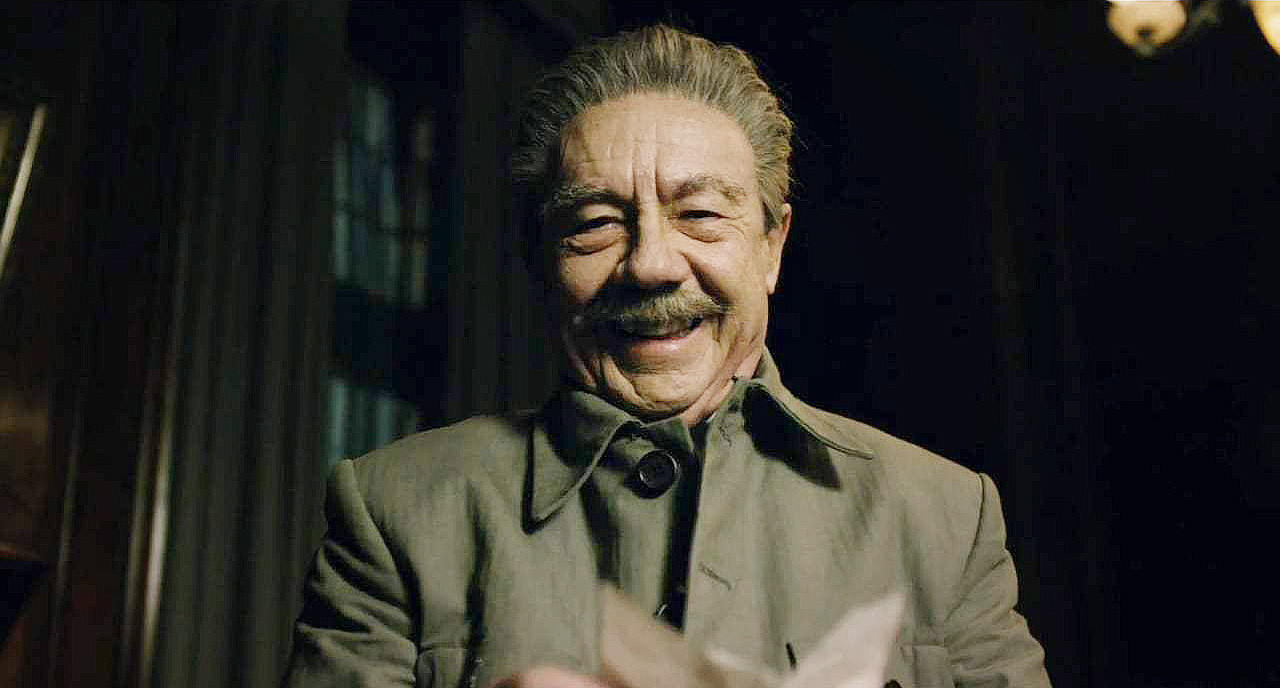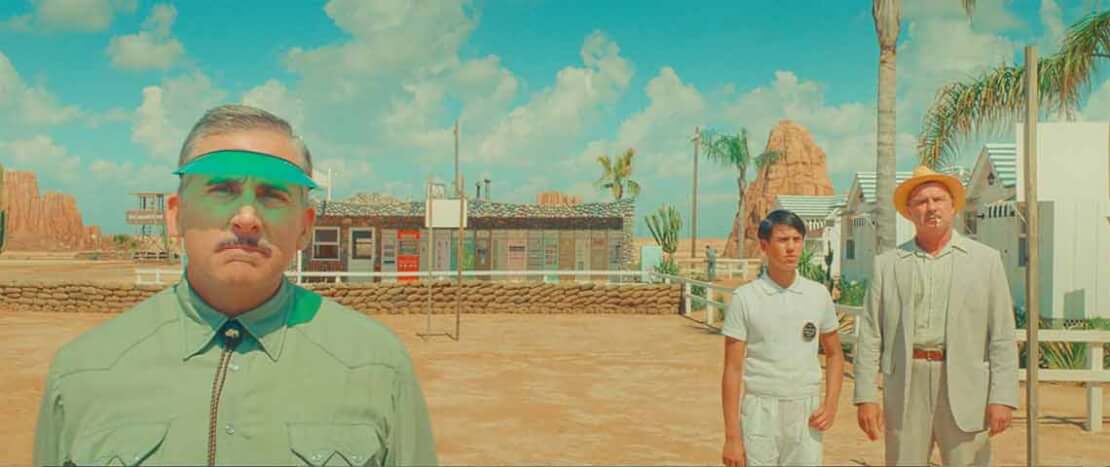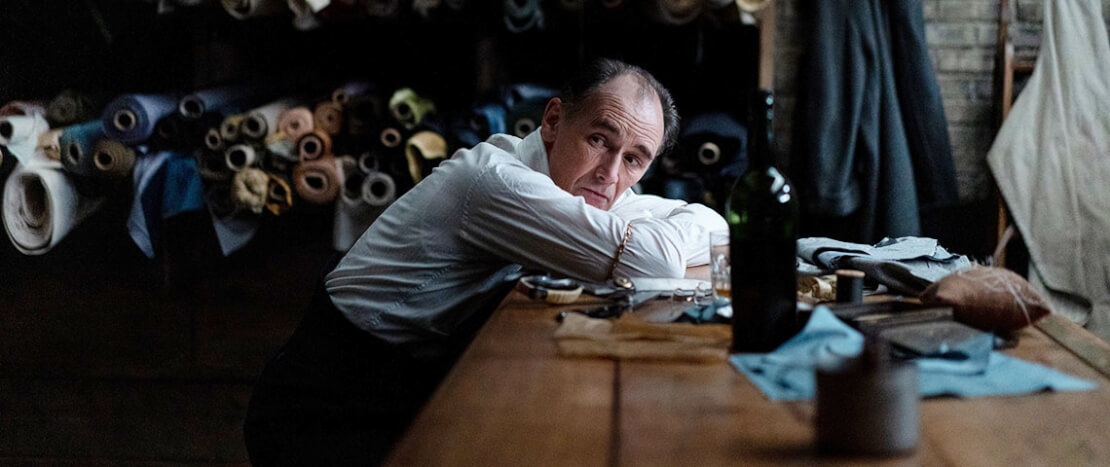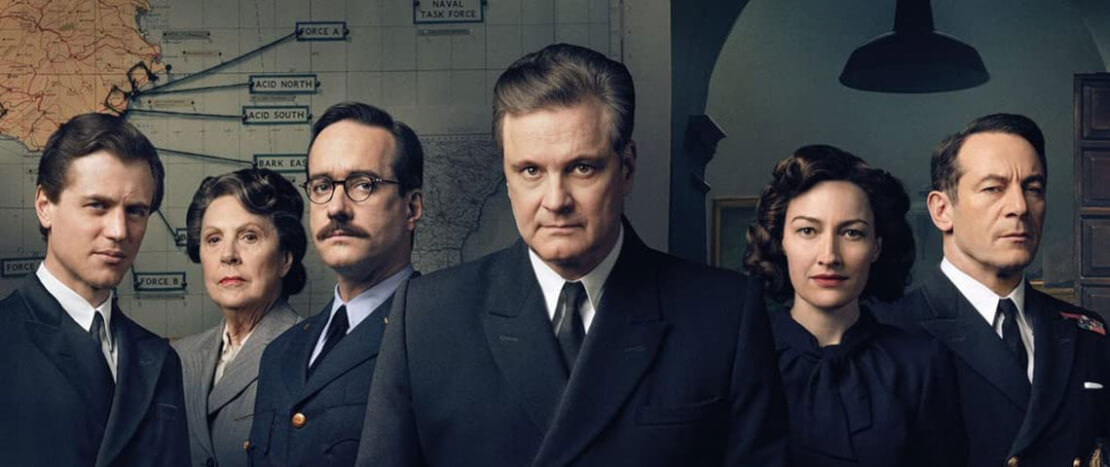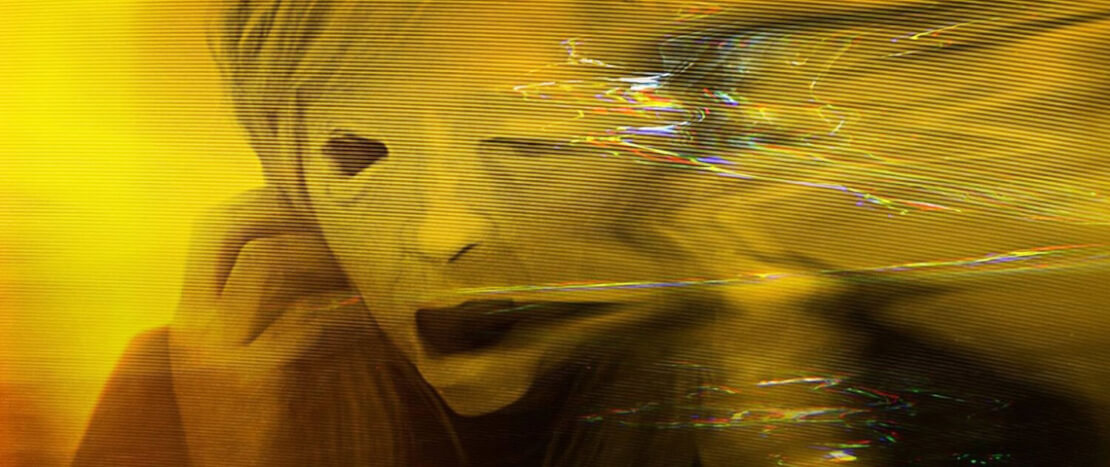The Death of Stalin
In 1950’s Russia Josef Stalin presides over a totalitarian state. Compiling endless lists of traitors, would-be traitors and their associated friends and families, all are shot without question. With each passing night, van loads of unquestioning guards pour into the bitter darkness to pull the unsuspecting from their beds.
On one such night, pianist Maria Yudina (Olga Kurylenko) is performing at a Moscow concert hall. In a farcical set of circumstances, Stalin has impetuously demanded a recording of the concert. As the recording is taken away, she slips a note inside its sleeve. It is a note for Stalin himself but it may as well be her death sentence for it is a savage, accusatory letter blaming Stalin for the deaths of her family. Reading it later, it just makes Stalin giggle. That giggle becomes a laugh which in turn becomes an incredulous cough that suddenly chokes the life out of him.
Prone on the floor of his dacha next morning, his scheming politburo members flutter over his dead body, unsure what to do. In a country where terror is the only currency which of them shall claim his place as leader?
…has both conflict, tension and dread to go with its lacerating laughter.
As director Armando Iannucci’s previous movie ‘In The Loop’ and his peerless television satire ‘The Thick of It’ proved, people in power make excellent targets for comedy. Scabrous and unflinching in its depiction of a paranoid Russia state headed up by treacherous opportunists, ‘The Death of Stalin’ has both conflict, tension and dread to go with its lacerating laughter.
In the role of NKVD director Lavrentiy Beria (Simon Russell Beale) demonstrates why he is one of the UK’s in-demand actors. Relishing the power that he wields as Stalin’s head of secret police, he sets out to carve up the communist state for himself. Seamlessly switching between coarseness and cruelty, Russell Beale mixes up mirth with sombre dread so as if to hint at the atrocities that actually happened in real-life. It’s in this duality that ‘The Death of Stalin’ has its power. Because whilst it might it seek to lampoon the idiocy and duplicity of Stalin’s inner circle it also provides a constant chill in the consequences that the wrong word can have. Trust is a luxury that none of Stalin’s inner circle as they grasp for the levers of power.
With an-all star supporting cast of accomplished actors like Steve Buscemi, Michael Palin and Paddy Considine, the word play and badinage is in very accomplished hands. With his late arrival as Field Marshal Georgy Zhukov, Jason Isaacs also stands out, wading into the machiavellian antics of the squabbling politburo members with a hysterically cleaver-like Lancashire accent. That said, for the majority of the film, all the actors speak in their normal voices so as to avoid any dodgy attempts at a Russian accent and ‘The Death of Stalin’ is all the better for it.
Whilst its fast wordplay and cross talk may have those unfamiliar with the full ripeness of English language reaching for the subtitles button, ’The Death of Stalin’ is a film that will definitely get better with each viewing. With its improvisational feel and refusal to make concessions as its cast rip through Russian history, facts are deliciously blurred with worded character assassinations. In a cinema landscape where intelligent comedy can be scarcity, Iannucci’s latest movie is a veritable feast of bellicose laughter and ensnaring satire that will delight both his fans and newcomers alike.

